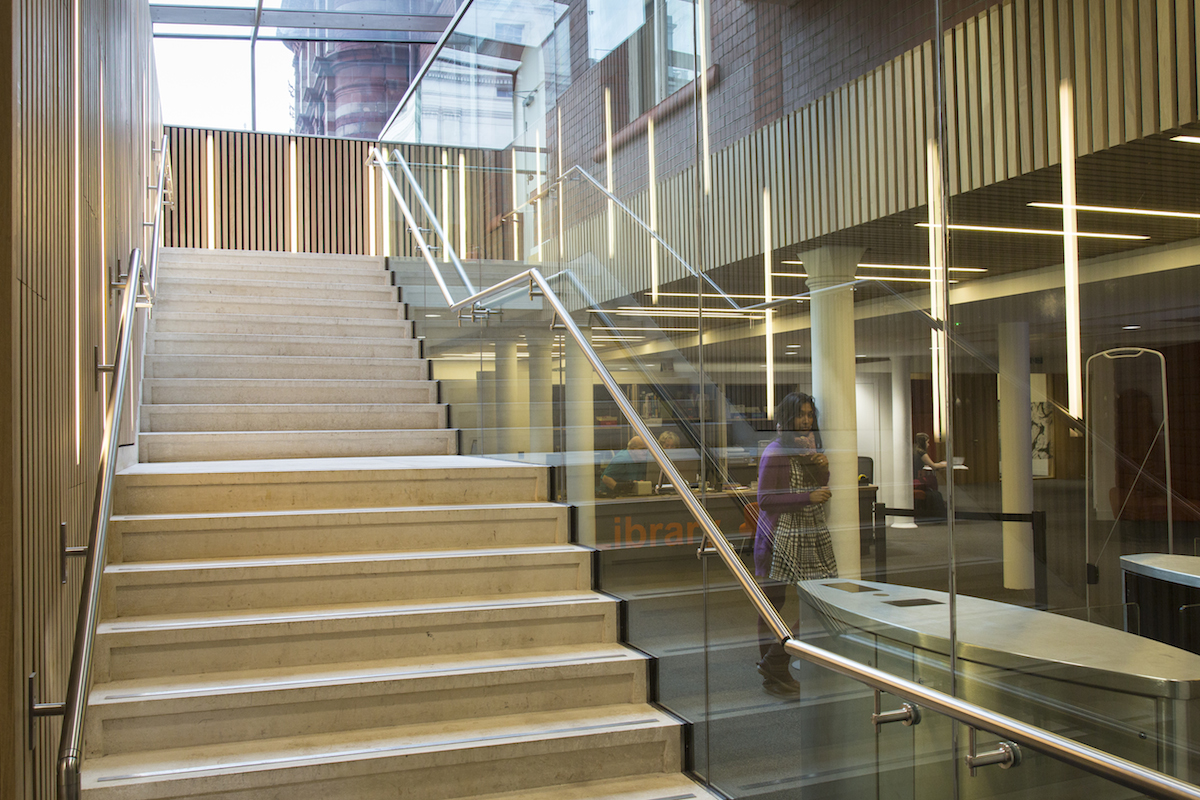What is on the five-year horizon for academic and research libraries worldwide? Which trends and technologies will drive change? What are the challenges that we consider as solvable or difficult to overcome, and how can we strategize effective solutions? These questions and similar inquiries regarding technology adoption and transforming teaching and learning steered the collaborative research and discussions of a body of 53 experts to produce the NMC Horizon Report: 2015 Library Edition, in partnership with the University of Applied Sciences (HTW) Chur, Technische Informationsbibliothek (TIB) Hannover, and ETH-Bibliothek Zurich. The NMC Horizon Report series charts the five-year horizon for the impact of emerging technologies in learning sectors across the globe. With more than 13 years of research and publications, it can be regarded as the world’s longest-running exploration of emerging technology trends and uptake in education.
The experts agreed on two long-term trends: increasing the accessibility of research content, as well as rethinking library spaces to foster more hands-on activities and training opportunities. The former has been gradually growing, largely due to the open content movement as more libraries facilitate open access models for research outputs; the latter is the result of the ways in which the move away from print materials are freeing up physical areas of libraries that can be dedicated to facilitating workshops, media production, and training. These are just two of the 18 topics analyzed in the NMC Horizon Report: 2015 Library Edition, indicating the key trends, significant challenges, and important technological developments that are very likely to impact changes in libraries across the world over the next five years.
Regarding the challenges for libraries, improving digital literacy among library professionals and the campus populations they serve is considered to be solvable. Library leaders are already addressing the root problem by developing new models for training and providing guiding resources. In Australia, for example, the Deakin University Library is collaborating with and advising faculty and instructional designers on how to train and assess digital literacy among students.1 On the other hand, the experts identified the task of embracing the need for radical change as a wicked challenge — one that is difficult to define, let alone solve. Libraries are not often set up with the proper infrastructure and support to quickly adapt to new digital strategies and business models. The end goal of solving this challenge will be for libraries to be organized in ways that enable them to continuously innovate and cater to patrons’ expectations.
